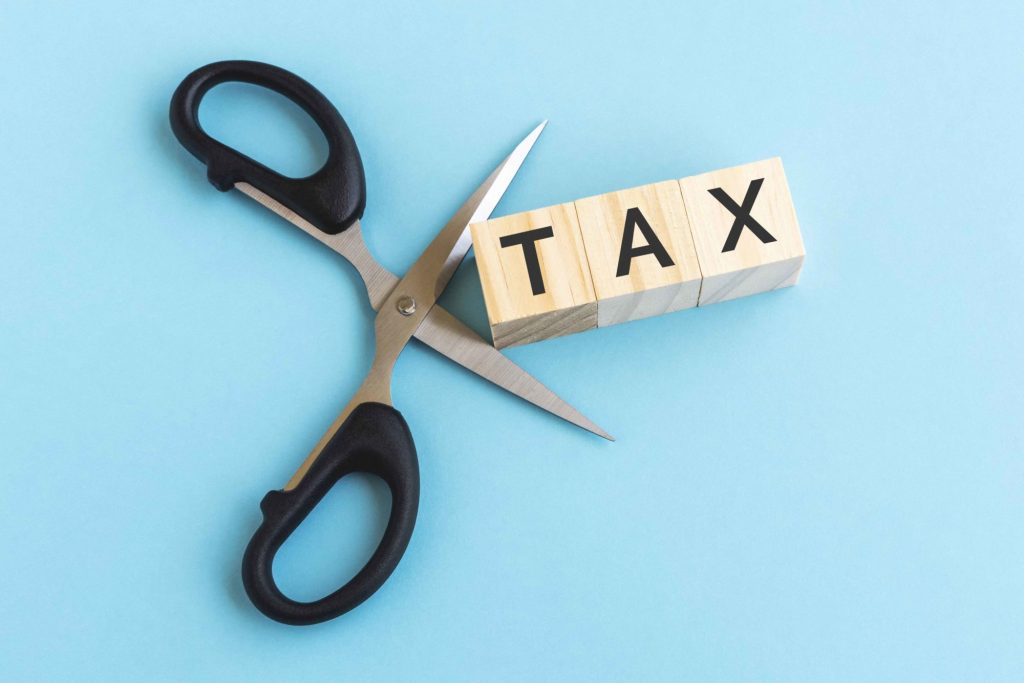You know you’ve done f*cked up when the International Monetary Fund has to step in and tell you that your economic policies are so bad that they will “likely increase inequality.”
But that’s exactly what happened to UK Prime Minister Liz Truss, who unveiled her brilliant, tax-cutting strategies as the centrepiece of her leadership opening. Ideologically committed to the controversial idea that lower taxes equals better economy, Truss and her Chancellor Kwasi Kwarteng were slapped down by the international finance organisation that normally steps in to rescue failing economies.
While the dynamic duo of tax-slashing geniuses backed down from their proposed strategies, Australia is ploughing ahead with similar policies.
The key difference here is that our own stage three tax cuts, which are set to come in in 2024, are predicted to be seven times worse than the UK’s.
A comparison, undertaken by the Parliamentary Library, found that the scrapped British tax cuts would be valued at 0.1% of UK GDP, while the proposed stage three cuts are worth 0.7% of Australia’s.
In total, they will see $243 billion wiped off Australian tax revenue, starting with $17.7 billion in 2024-2025 and rising to $31.4 billion in 2030-2031.
The cuts, which are a generational change in the way Australia manages its finances, have long been criticised for benefiting the wealthiest in society the most while leaving those on the lowest income with little relief. Slashing the available budget also leaves less for healthcare, education, public housing, and all sorts of other measures that the country desperately needs.
In opposition, Labor voted for the tax cuts, which were a Coalition plan cooked up in 2018. They however pledged to make them fairer to low and middle-income earners and tax high earners at a higher rate. That plan was scrapped after the 2019 election was lost and this time around Labor is gunning at full force for the whole package because it was an “election promise.”
“The UK Tories have looked at the global economic outlook and decided that tax cuts are political poison, but Australian Labor apparently still requires convincing,” said Bandt. “Continuing ahead with the stage three tax cuts is economic vandalism, moving us closer to a flat tax system, while also risking UK-style economic damage.”
Labor, keen to be seen to be reliable on the economy and trustworthy on their election pledges, has been sticking to their guns. However, as the economic environment continues to worsen, with interest rates rising and inflation showing no sign of slowing, they might well be forced to modify their plans.
Looking toward the upcoming budget on October 25, Treasurer Jim Chalmers said on Tuesday that “I will always put the right economic outcome above a political outcome.”
“I will take a difficult decision if it’s necessary working with my colleagues, because these are difficult times and people should expect a solid budget, they should expect a considered budget.”
He also acknowledged that the UK tax cuts were “not irrelevant to us” and said that Truss’ experience was a cautionary one about what can happen when “you get your policy settings out of whack” with global economic conditions.
Still, opponents are hoping Labor will abandon the policy entirely so they can hit them with the “unreliable” attack. Aware of the political territory they’re moving in, this doesn’t seem particularly likely, although a moderation of the cuts could be revealed on October 25, said Sky’s political editor Andrew Clennell.
Even those on the other side of the aisle reckon putting a pause on the plans might be a good idea. Liberal moderate Bridget Archer has said that “things have changed” since the cuts were passed and that “maybe we need to go in another direction or find a path down the middle”.
The closer we get to the budget, the more likely it appears that Chalmers will change his tune. Doing so would not only mean reading the room and playing the economic situation for what it is, not what we want it to be, but also saving the government billions in revenue that we could really use right now in investment.
Related: What Are the Stage Three Tax Cuts That Would Cost Australia $243 Billion?
Related: Do I Have to Pay Tax on My Cryptocurrency Earnings in Australia?
Read more stories from The Latch and subscribe to our email newsletter.







